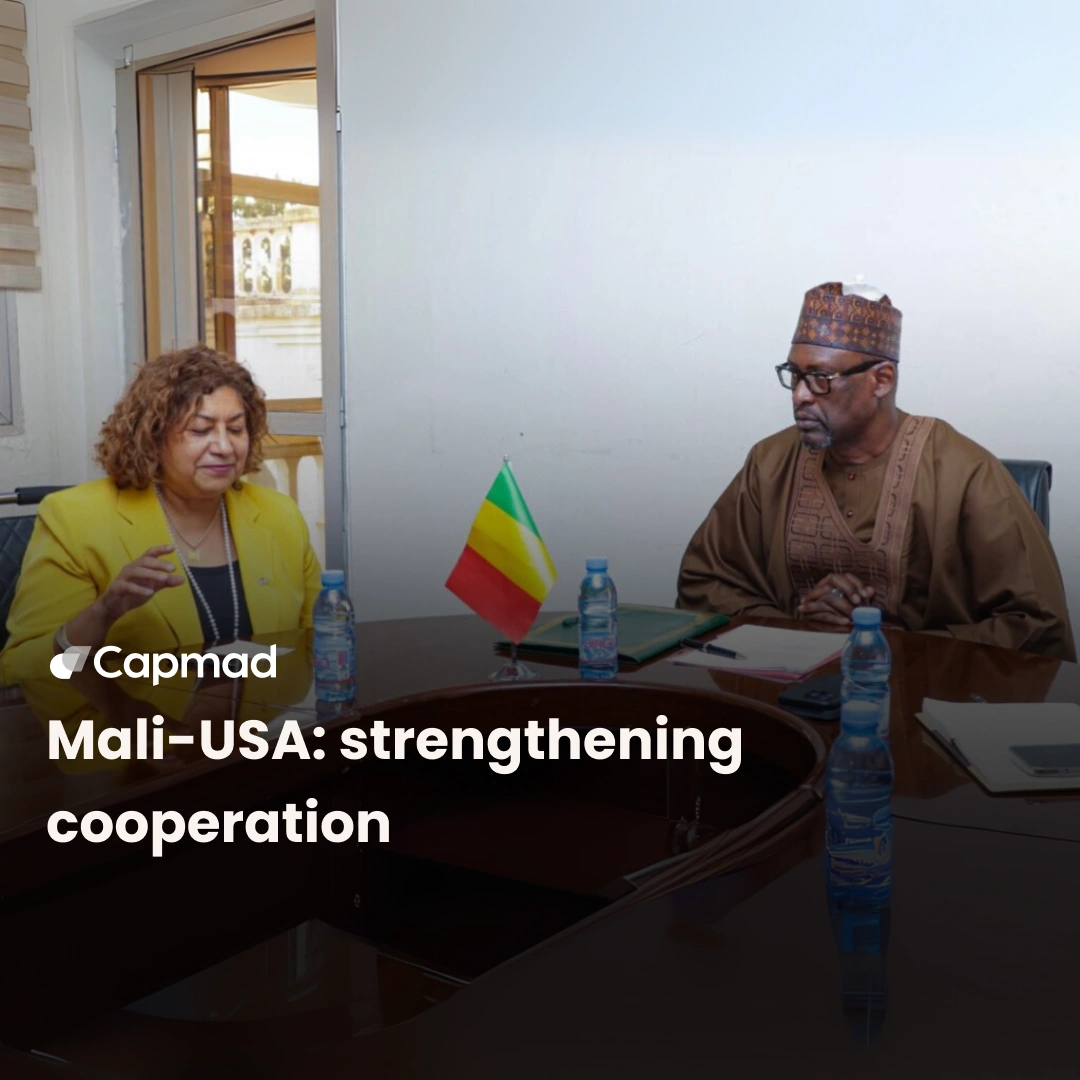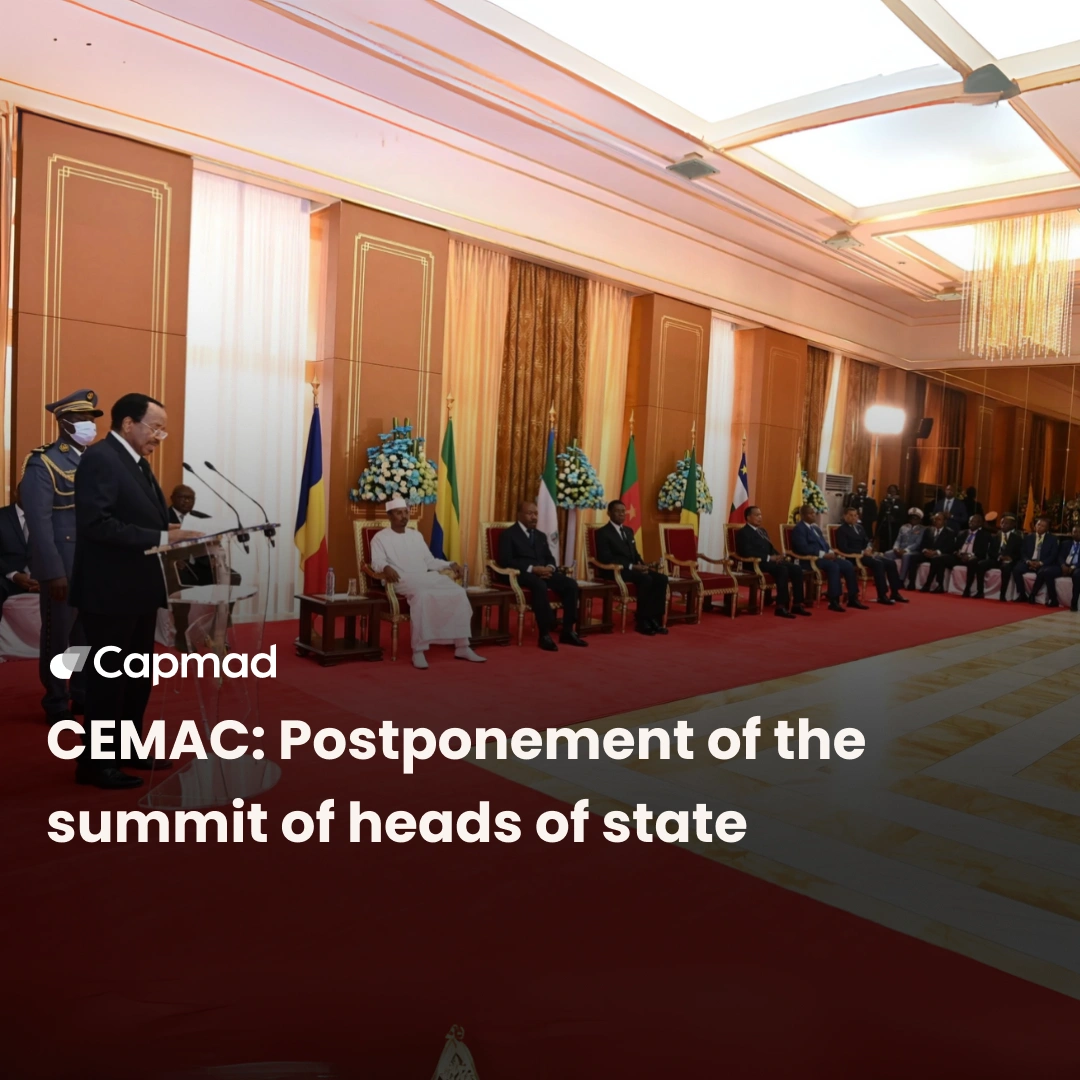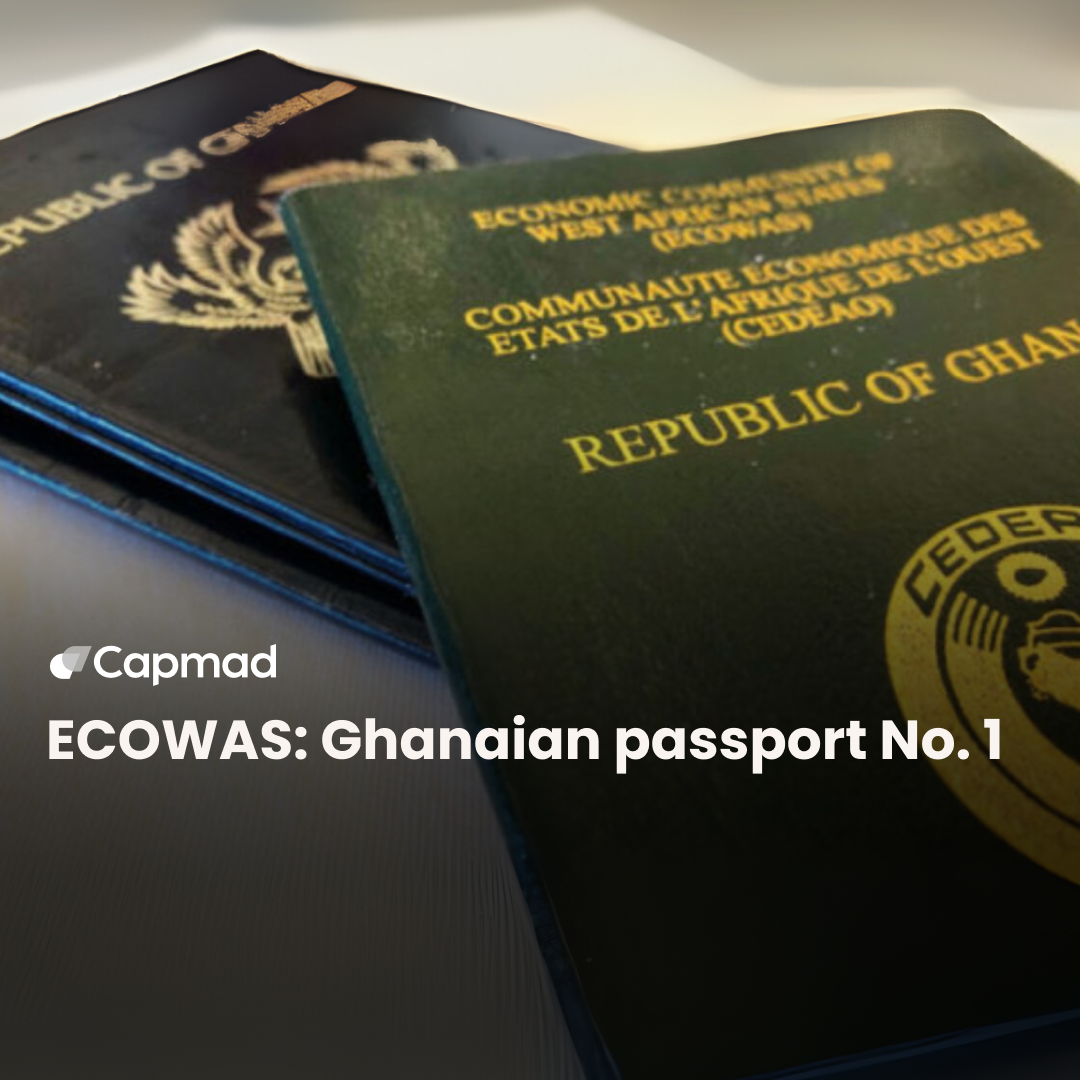Guinea and Mali held a high-level bilateral meeting devoted to the free movement of people and goods, as well as cooperation on cross-border security. During this meeting, several agreements were concluded, notably on free movement and transhumance, thus strengthening cooperation and fraternity between the two countries.
Context of the Meeting
The main objective of this meeting was to remove obstacles impeding movement on the Conakry-Bamakou corridor and strengthen coordination against shared security threats. Several challenges were identified, such as road harassment, conflicts related to transhumance, intercommunity tensions, transnational organized crime, the lack of digitalization of border procedures, and illegal mining.
Main Commitments
The two parties have:
- Signed a memorandum of understanding on interstate transhumance, already signed in 2022, and decided on its strict implementation.
- Agreed to reduce excessive controls and harassment along the corridor.
- Decided to organize joint operations to combat cross-border crime.
- Established joint commissions to quickly resolve community disputes related to transhumance.
- Initiated the interconnection of customs systems and the sharing of accumulated intelligence.
- Strengthened the capacities of national transport and transit facilitation committees.
Importance of the Transhumance Agreement
Transhumance is a vital activity for Malian pastoralists, whose herds migrate to Guinea in search of pasture, particularly between February and May. The agreement aims to facilitate animal mobility, protect the interests of host populations and pastoralists, and prevent conflicts often linked to stray livestock and intercommunity tensions. A monitoring committee will be established to ensure strict compliance with the agreement’s provisions.
Perspectives and Expected Impacts
This agreement embodies a new dynamic of cooperation between Mali and Guinea, based on peace, security, and mutual economic development. It should help strengthen fraternal ties between the two nations, facilitate cross-border trade, pacify border areas, and improve the management of population and herd mobility.






